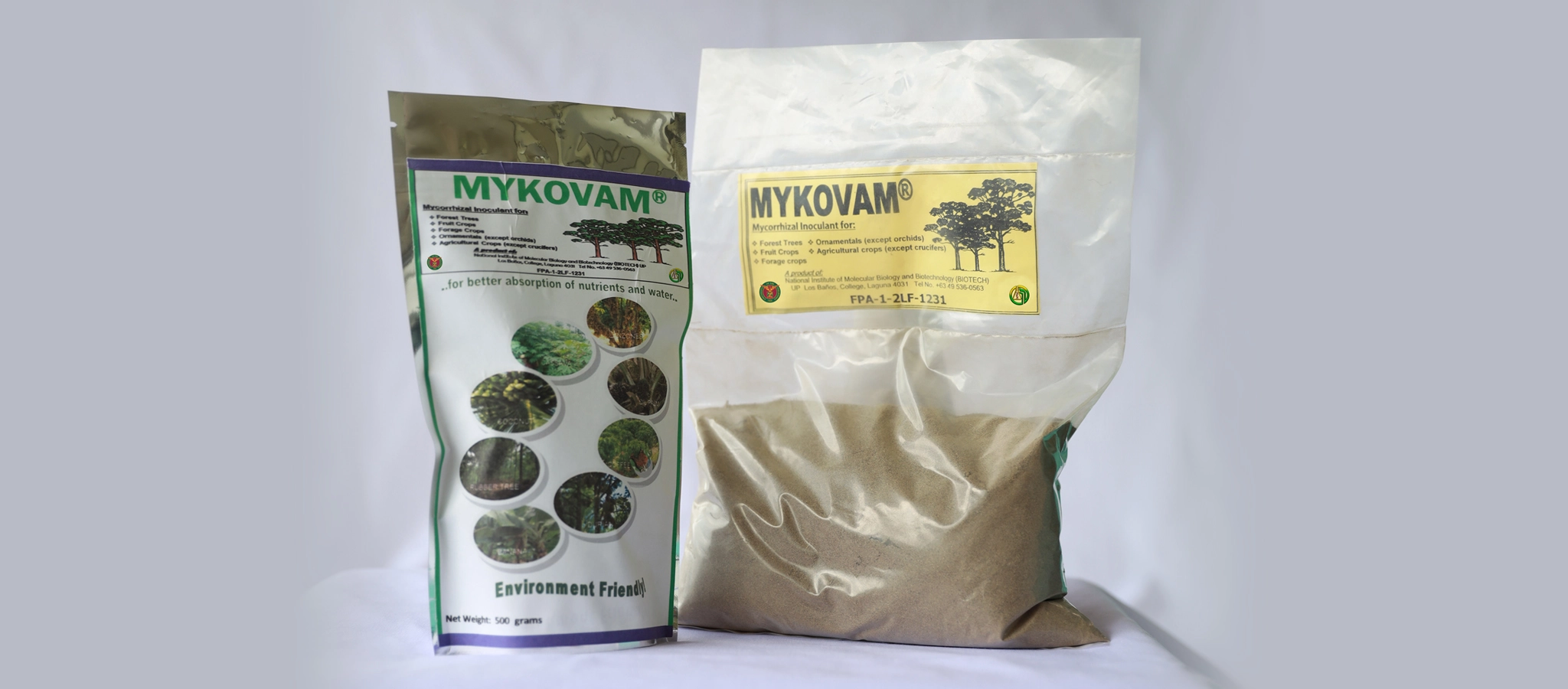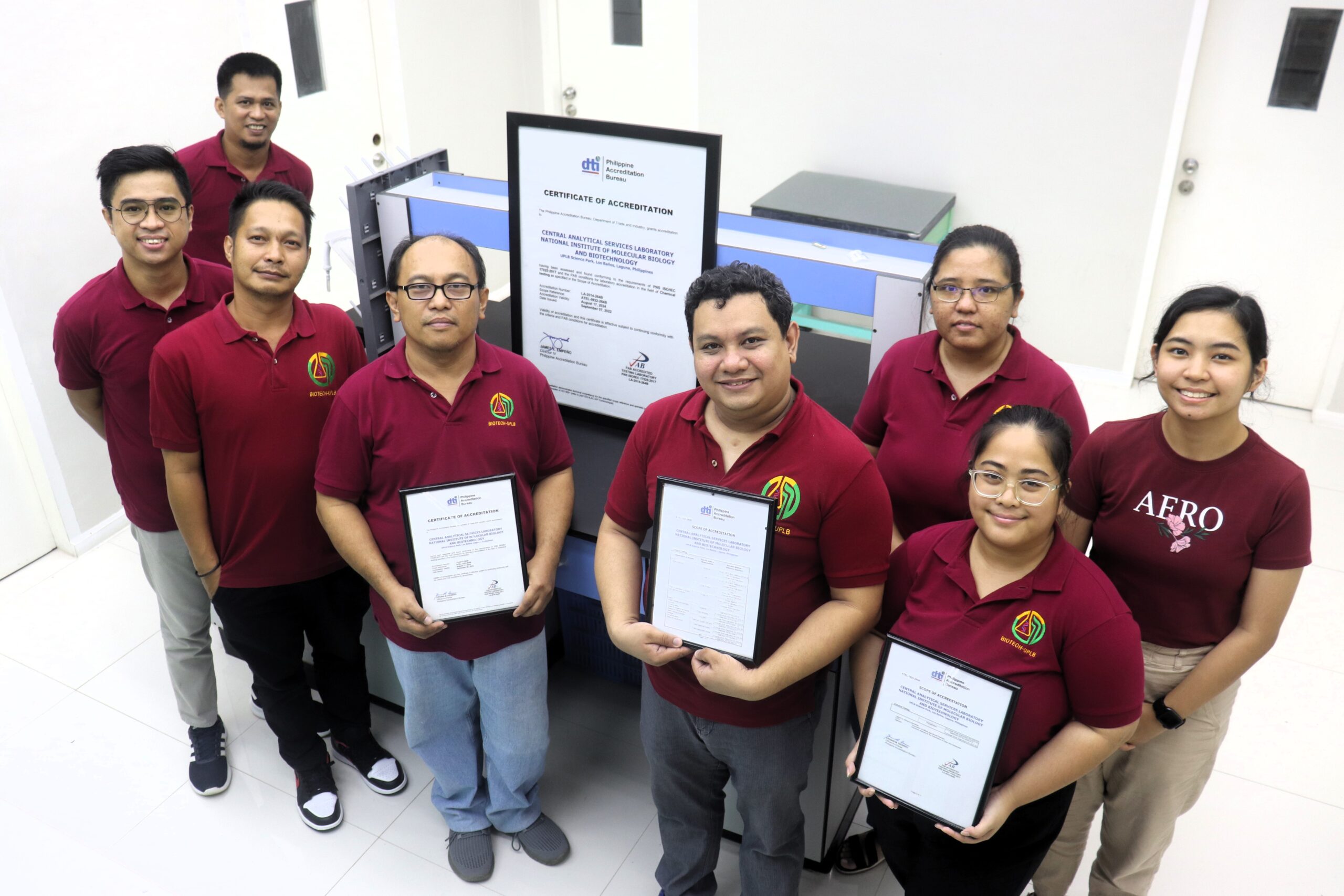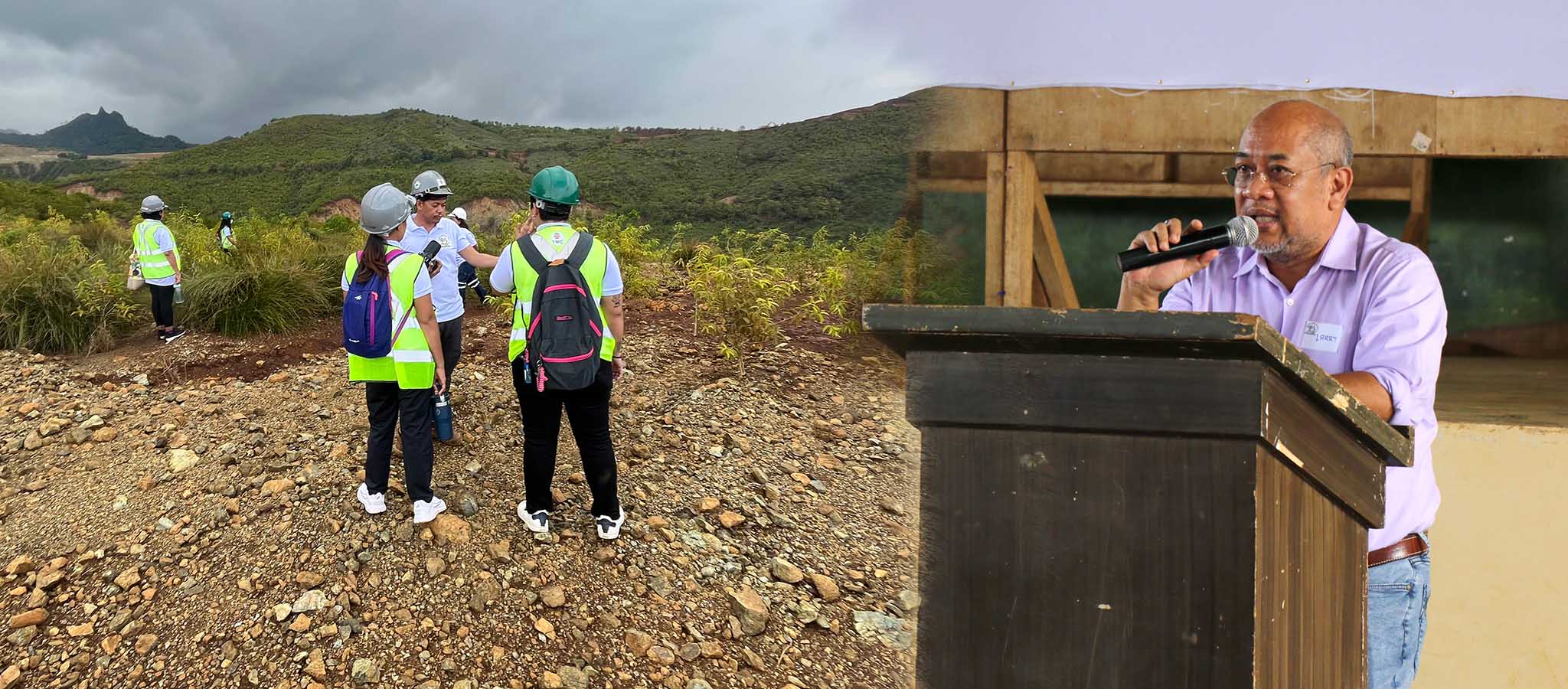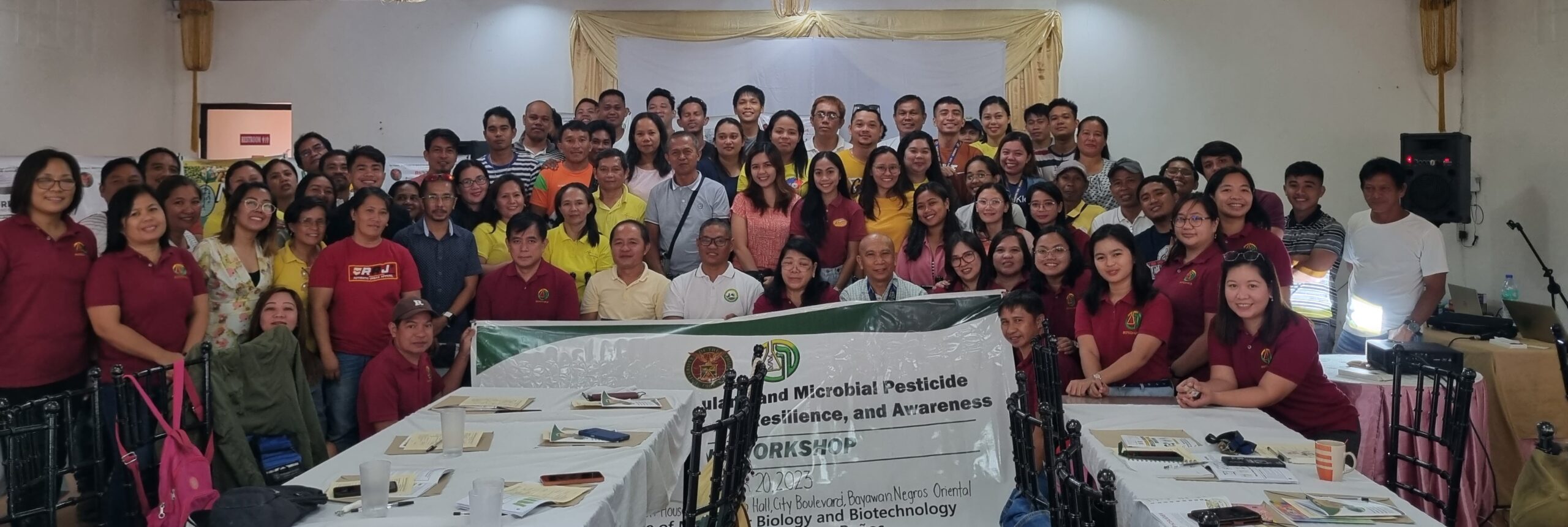
It's alive! Mykovam, the hardworking biofertilizer
Imagine that by applying a fertilizer once in a plant’s early life, it gets a major upgrade thereafter. Visualize little fungi helpers clinging to the plant’s roots to supply additional moisture and nutrients, in exchange for a share of plant sugars.
This is the mechanism by which biofertilizer Mykovam works to make trees, crops, and ornamental plants lusher and healthier.
With 12 strains of mycorrhiza fungi in its present formulation, this biofertilizer has live and working microorganisms that constructively colonize plant roots to help them grow.
These fungi form mycelia, or interwoven threads, which act as root extensions that increase nutrient and water absorption for the plant.
Its developer, 2021 Presidential Lingkod Bayan Awardee Dr. Nelly Aggangan, designed Mykovam to be an effective natural alternative to chemical fertilizers for both forest trees and agricultural crops. It takes advantage of the natural occurrence of fungi in the soil, making this biofertilizer environment friendly. It is also relatively cheaper compared to the fertilizers currently dominating the market.
Dr. Aggangan, a scientist at the UPLB National Institute of Molecular Biology and Biotechnology (BIOTECH), started improving the formulation of Mykovam in the mid-1990s. Her research was an off-shoot of earlier studies on mycorrhiza at BIOTECH by Dr. Reynaldo E. de la Cruz in the 1980s. She then worked with Dr. de la Cruz as his research assistant and witnessed the fertilizer’s development from the latter’s original concept.
She improved Dr. de la Cruz’s formula, beginning with originally three strains. It later rose to five, then eight, and now to 12 species of arbuscular mycorrhizal fungi.
A kilo of Mykovam is enough to fertilize 200-400 seedlings and to replace 60-85% of the plants’ chemical fertilizer requirement. This means that farmers can save expenses on fertilizer and earn more profit.
It can be used on fruit trees such as guava, rambutan, papaya, citrus, lanzones, banana, coffee, guyabano, coconut, and mango; and on agricultural crops including, but not limited to corn, tomato, eggplant, onion, garlic, pepper, cassava, and sweet potato. It can be applied to almost all plants except crucifers and a few trees.
Aside from enhancing plant growth, Mykovam can also protect plants from harmful pathogens. BIOTECH reports on its website how the biofertilizer helped a group of farmers in Bohol and in Mindanao overcome Fusarium wilt, a fungal disease that once devastated the banana industry.
Mykovam’s effectiveness in growing indigenous forest tree species such as narra, batino, bani, salago, and ipil was also recognized by the Department of Environment and Natural Resources (DENR).
In 2011, DENR sourced Mykovam for its National Greening Program to fast track seedling growth and increase their chances of survival in harsh soil conditions.
Mykovam has also been proven effective in helping restore forests and soil in areas affected by mining. Applying Mykovam to seedlings can increase their tolerance against drought, high temperature, and heavy metals in denuded forest lands.
Since its commercialization in the 1990s, Mykovam has become widely distributed in the country. It is readily available at the BIOTECH headquarters and from partner merchants and online shops.
Whatever the task, big or small, Mykovam and its little helpers prove that working behind (or beneath) the scenes is essential to a bountiful harvest. (Jessa Jael S. Arana)
This article was originally published in UPLB Horizon with the URL https://horizon.uplb.edu.ph/horizon-magazine-2022/its-alive-mykovam-the-hardworking-biofertilizer/?fbclid=IwAR2X4mB8YbqAxbpS16s2Km4FURrx1fgCVNbLyw-sQW-iVU4yFqdj1QTw2zI



